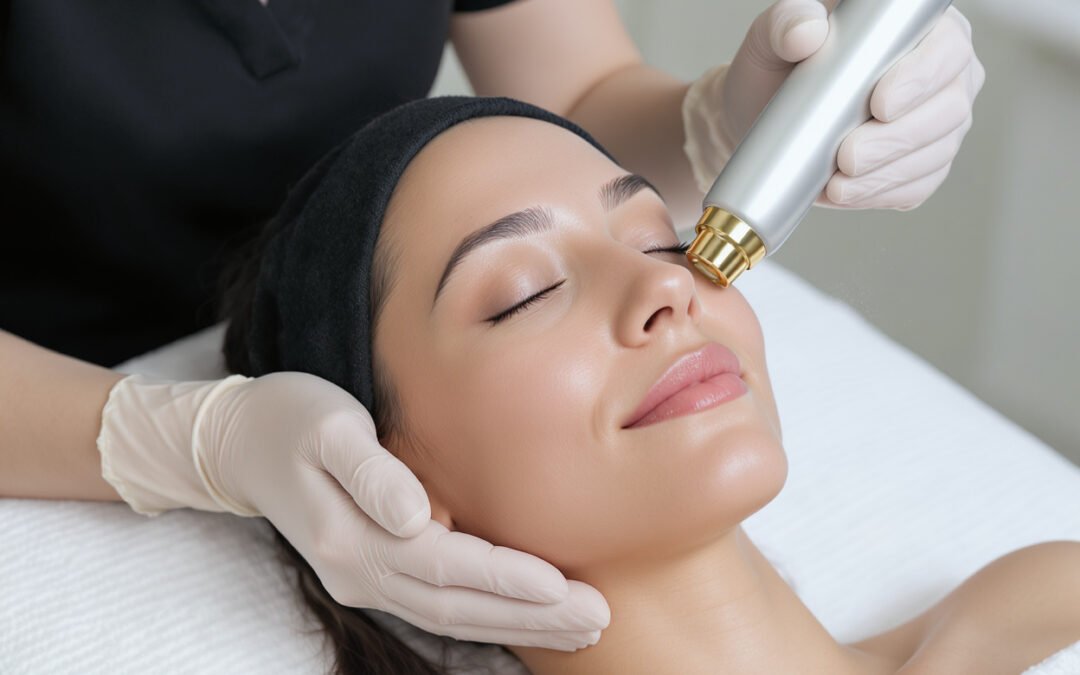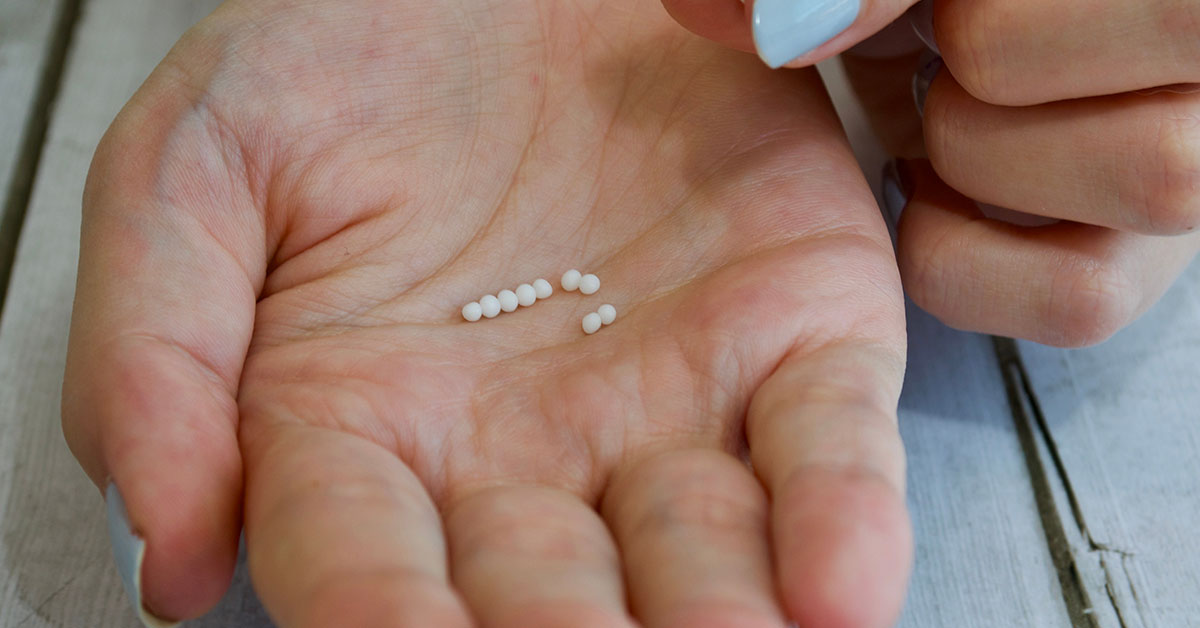
Common AndroGel Side Effects
AndroGel is a topical testosterone replacement therapy used primarily to treat men with low testosterone levels. While AndroGel can be highly beneficial for those suffering from testosterone deficiency, it is not without its potential side effects. Understanding these side effects is crucial for anyone considering or currently using the medication.
One common side effect of AndroGel is skin irritation at the site of application. Users might experience redness, itching, or a rash where the gel is applied. It’s vital to follow proper application instructions, including washing hands thoroughly after use, to reduce the likelihood of skin reactions.
Another side effect that users might encounter is changes in mood or behavior. Some individuals may experience mood swings, increased aggression, or depression. These mental health changes warrant close monitoring and should be discussed with a healthcare provider if they persist or worsen.
AndroGel may also impact the body’s natural hormone balance, leading to complications such as testicular atrophy or infertility. This is particularly a matter of concern for men who are considering starting a family. The introduction of exogenous testosterone can signal the body to reduce its own production, potentially affecting sperm count and fertility.
Gynecomastia, or the enlargement of breast tissue in males, is another possible side effect of AndroGel. Although not common, this condition occurs when the balance between testosterone and estrogen is disrupted. Such hormonal imbalances can be distressing and may require medical intervention.
Furthermore, AndroGel can influence lipid levels in the body, potentially leading to an increase in cholesterol levels. This side effect is particularly concerning for individuals with preexisting conditions that predispose them to heart disease. Regular monitoring of cholesterol and cardiovascular health is recommended for users of AndroGel.
Due to these potential side effects, it is important for users of AndroGel to have regular medical check-ups to monitor hormone levels and overall health. It’s also crucial to consult a healthcare professional before beginning treatment with AndroGel to discuss potential risks and benefits.
Conclusion
While AndroGel offers a useful solution for managing low testosterone levels, it is not without its drawbacks. Paying attention to its side effects can help users and healthcare providers make informed decisions about treatment. Always consult with a healthcare provider for advice tailored to your specific situation.
FAQs
- Can AndroGel cause weight gain? Yes, weight gain can occur with AndroGel usage, often due to fluid retention or increased muscle mass.
- Is skin irritation a permanent side effect? Skin irritation usually resolves with proper application techniques and skin care, but persistent issues should be discussed with a healthcare provider.
- How can I minimize AndroGel side effects? Follow the prescribed dosage, monitor any changes in your health, and maintain regular consultations with your healthcare professional.
For more information about testosterone therapy and related topics, visit this link, this page, and here. Additional resources can be found on steroid.com and this podcast. For further insights, follow CryptoTips on YouTube.
Our Blog Follow Us on Tumblr: 24seven24
#SideEffectsOfAndroGel #AndroGel #TestosteroneReplacement #Health #MensHealth #HormoneTherapy #SideEffects #MedicalAdvice #HormoneBalance #AndroGelGuide #Healthcare
AndroGel, a topical testosterone replacement therapy, is used to treat men with low testosterone levels. However, like many medications, it can have side effects. Common side effects of AndroGel include skin irritation at the application site, such as redness, itching, or rash. Some individuals may experience headaches, mood swings, or an increase in red blood cell count, which can elevate the risk of blood clots. More serious side effects might involve cardiovascular issues like heart attack or stroke, particularly in older patients. Additionally, AndroGel can cause unintended exposure, potentially affecting women and children through secondary contact, leading to symptoms like premature puberty in children or changes in body hair and increased acne in women. Patients should follow application guidelines to minimize risks and report any severe or persistent side effects to their healthcare provider.



















